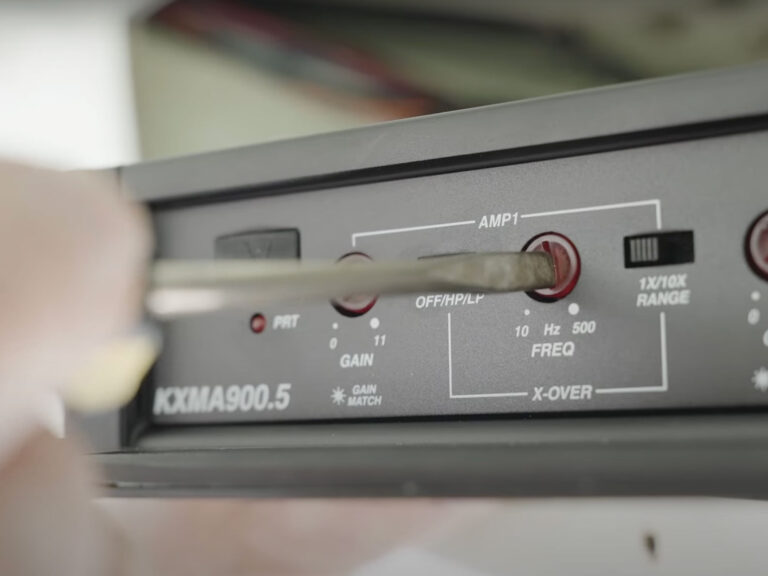The U.S. Environmental Protection Agency (EPA) altered planned regulations for mercury emissions from power plants, reversing a stance on air-pollution control taken in 2000. The agency suggested that mercury be removed from the most stringent regulations of the Clean Air Act, instead governing such emissions with a market-driven emission-credit system. Basically, power plants would buy and sell the rights to emit mercury into the air. This regulation method is used with sulphur dioxide, a component of acid rain not considered directly harmful to humans. Pollutants such as chromium, asbestos and lead are known to cause health problems, such as neurological disorders and cancer, and are regulated by the stricter rules of the Clean Air Act. Mercury is a known neurotoxin that accumulates in the environment and builds up in the tissue of fish and the species that consume them, including humans. Power plants contribute roughly 40 percent of the country’s mercury emissions, according to EPA estimates.









